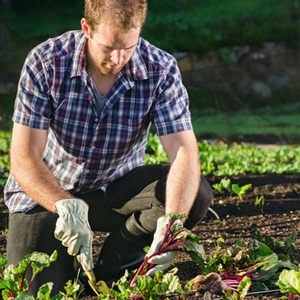Food awareness has become an international trend, and since the numerous food labelling scandals that occurred in the country in 2013, South Africans have become more concerned about where their food is grown, how it is grown, and the various processes it undergoes before being served up on their plate.
With these kinds of concerns swirling around the consumer consciousness it comes as no surprise that urban farming would take root in South African food culture.
What is urban food farming?
Urban farming – or urban agriculture – involves the sustainable, organic cultivation, and processing of food in an urban environment such as a village, town, or city. It involves a broad range of disciplines including aquaculture, beekeeping, and horticulture to name but a few of the popular practices.
Recently, the urban farming movement has experienced considerable growth since various food movements around the world have contributed to its popularity.
A social movement
In the globalised, Western world where a lot of food contains additives which have been shown to have negative long-term implications, urban farming is represented as a social movement which promotes sustainable communities and organic growers.
It has even sprouted its “locavore” movement, a group of consumers who exclusively consume locally produced goods. It is also seen as a way to integrate nature into the urban sprawl.
In the developing world, however, quite the reverse is seen: food security, nutrition, and poverty alleviation are some of the driving factors behind urban farming’s topical relevance. It is a way for poorer communities to produce food for themselves and gain some kind of income.
Sustainable food production
Part of urban farming’s successful implementation in South Africa seems to be consumers responding to the ripple effect of the aforementioned worldwide trend: the basic need to ensure that food is readily available and healthy, from root to plate.
With local ingredients becoming more accessible at markets, it is possible that the increased availability of fresh ingredients could lead to a consumer base that cook and demand healthier ingredients and promote a better micro economy.
Misconceptions of food farming
One of the most misunderstood aspects of food farming is that it has to be a big undertaking or that it is expensive. But even something as simple as a herb garden falls within the ambit of urban farming. For example, a small herb garden comprising of mint, basil, fennel, rosemary, and thyme is more than sufficient to provide your kitchen with fresh, home-grown herbs that will add a special touch to every meal.
It is empowering to cook a whole meal, but it is even more so to produce your own food. With urban farming set to become more than just a social bubble, it is possible that we could see a burgeoning South African food culture that is dependent on its own home-grown ingredients.
What are your thoughts on urban farming? TELL us in the comments below!

